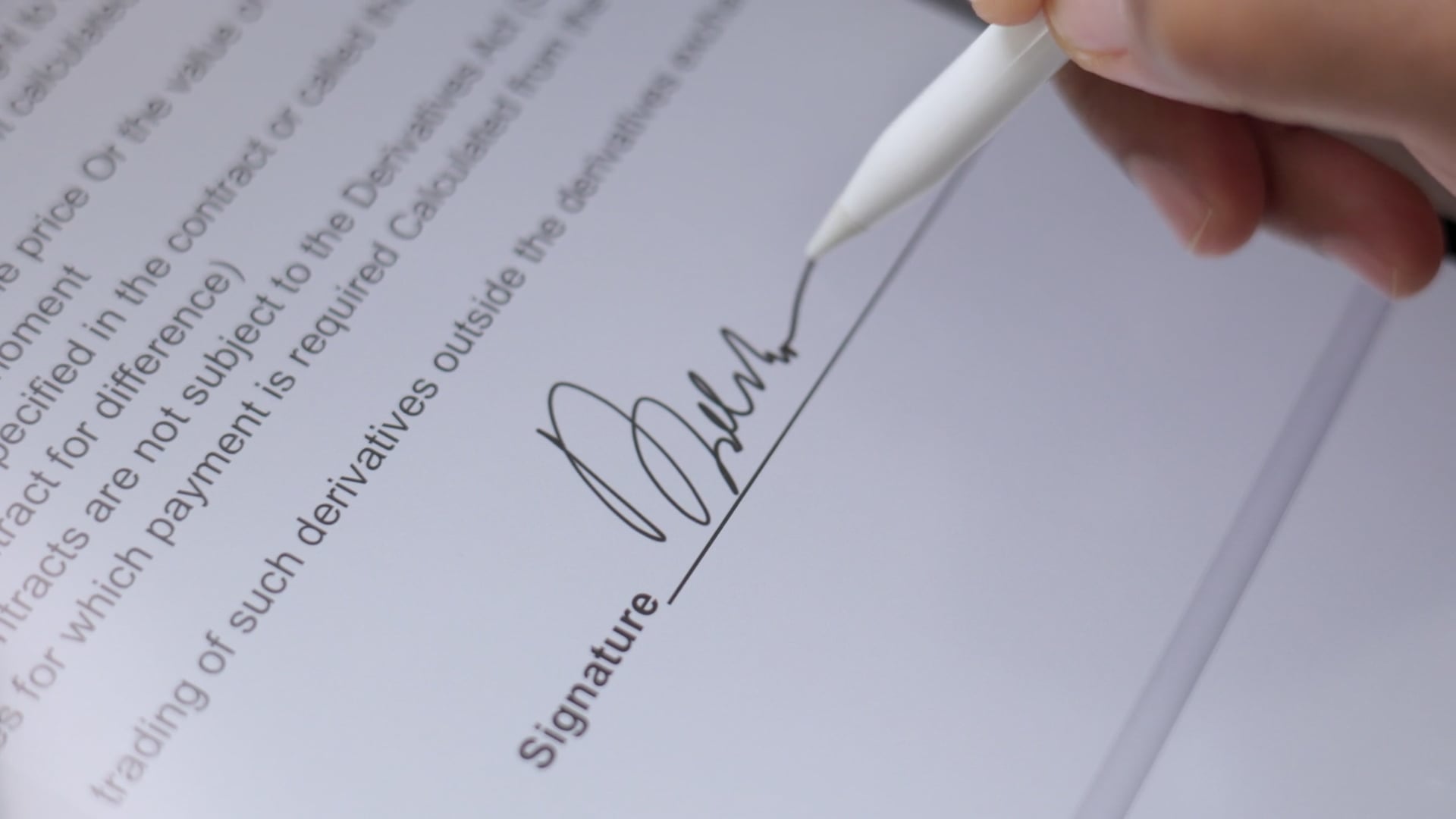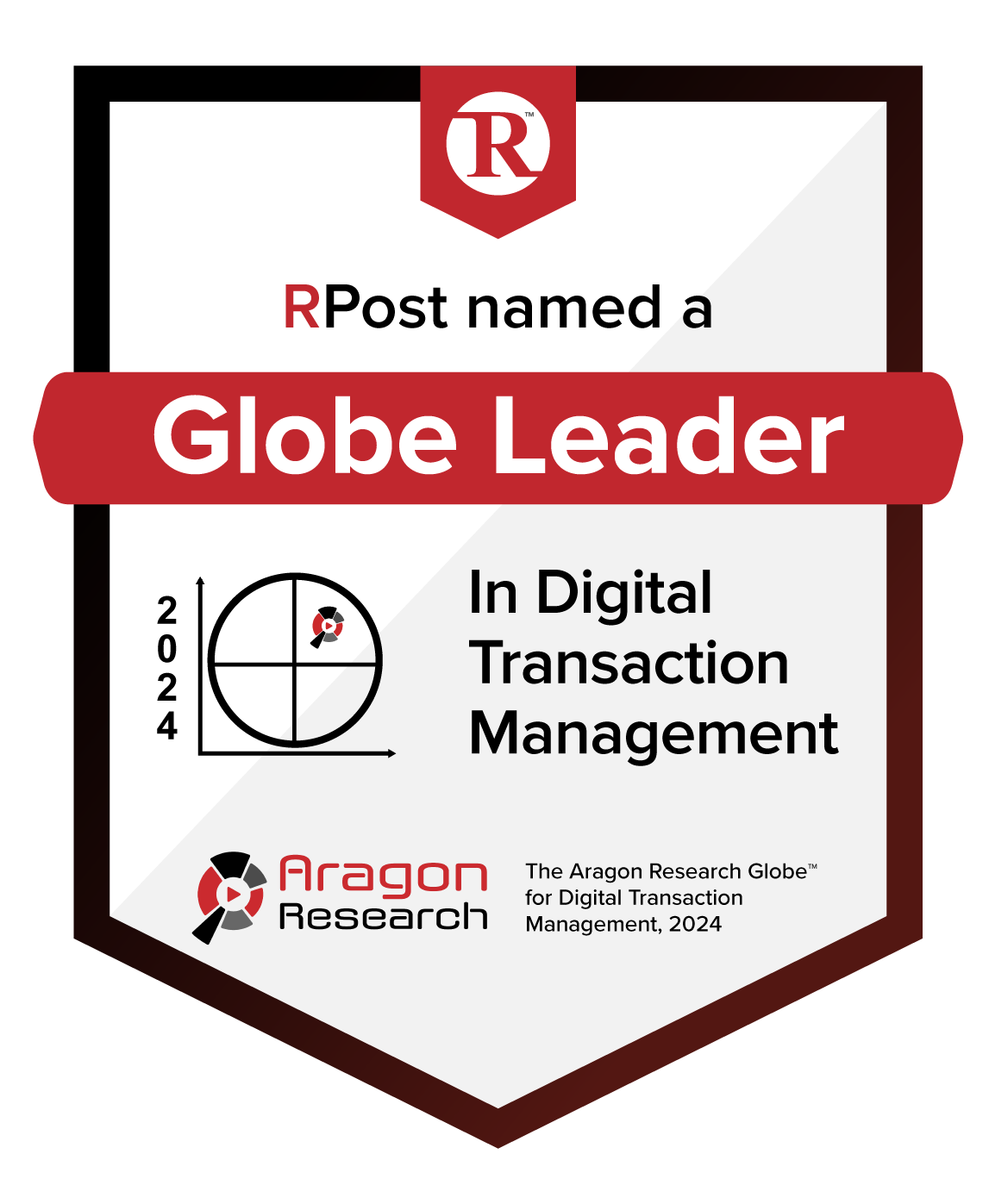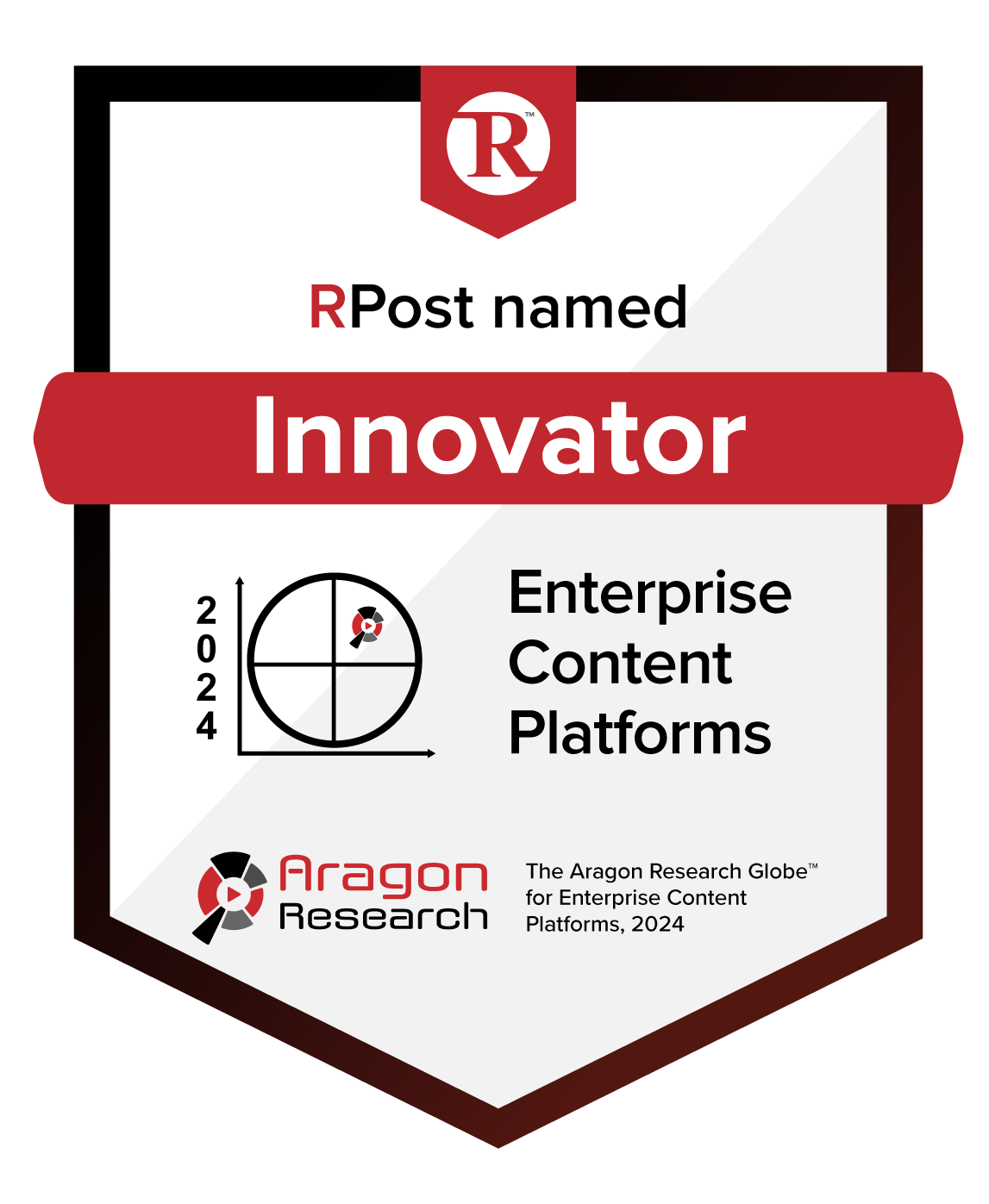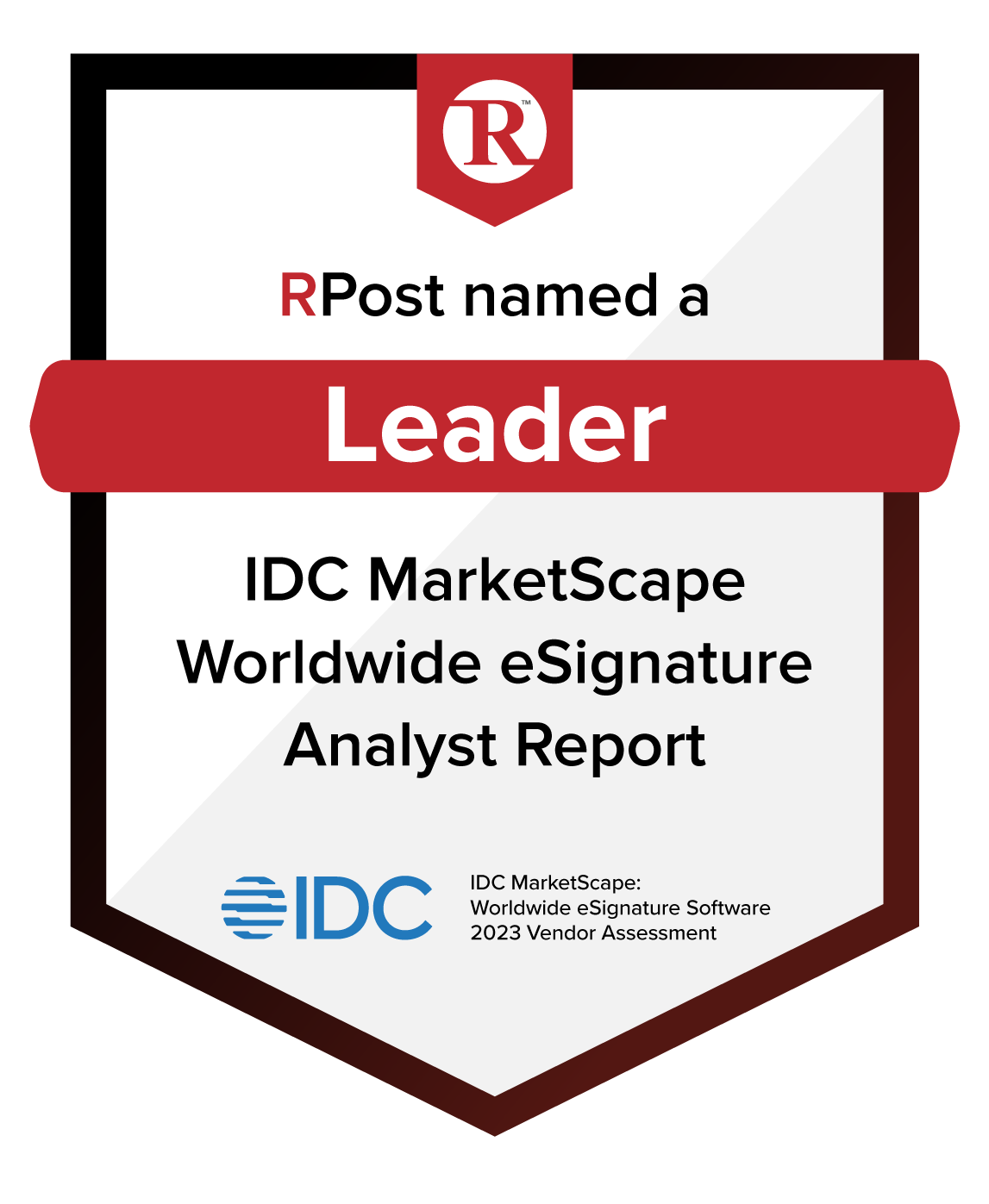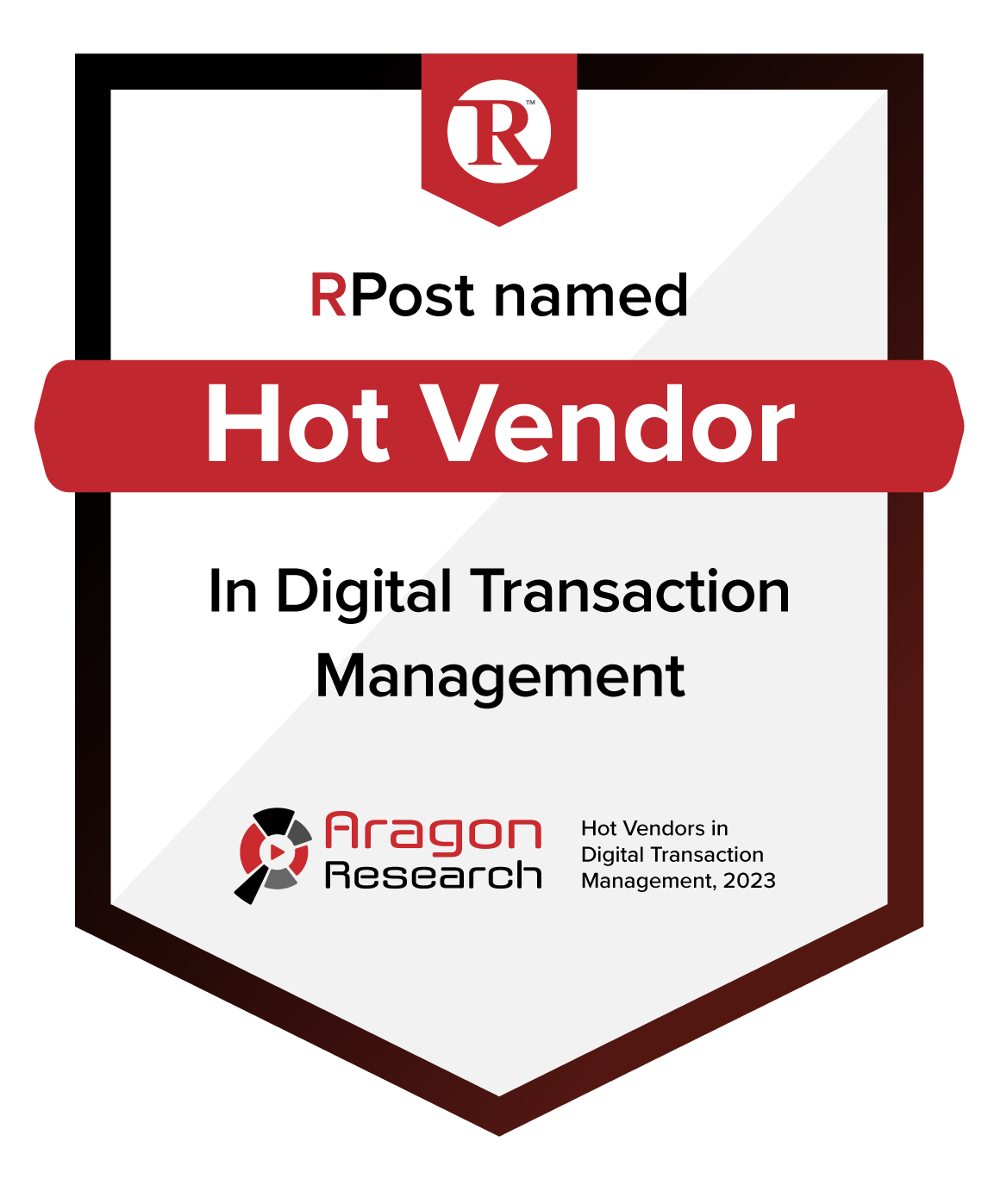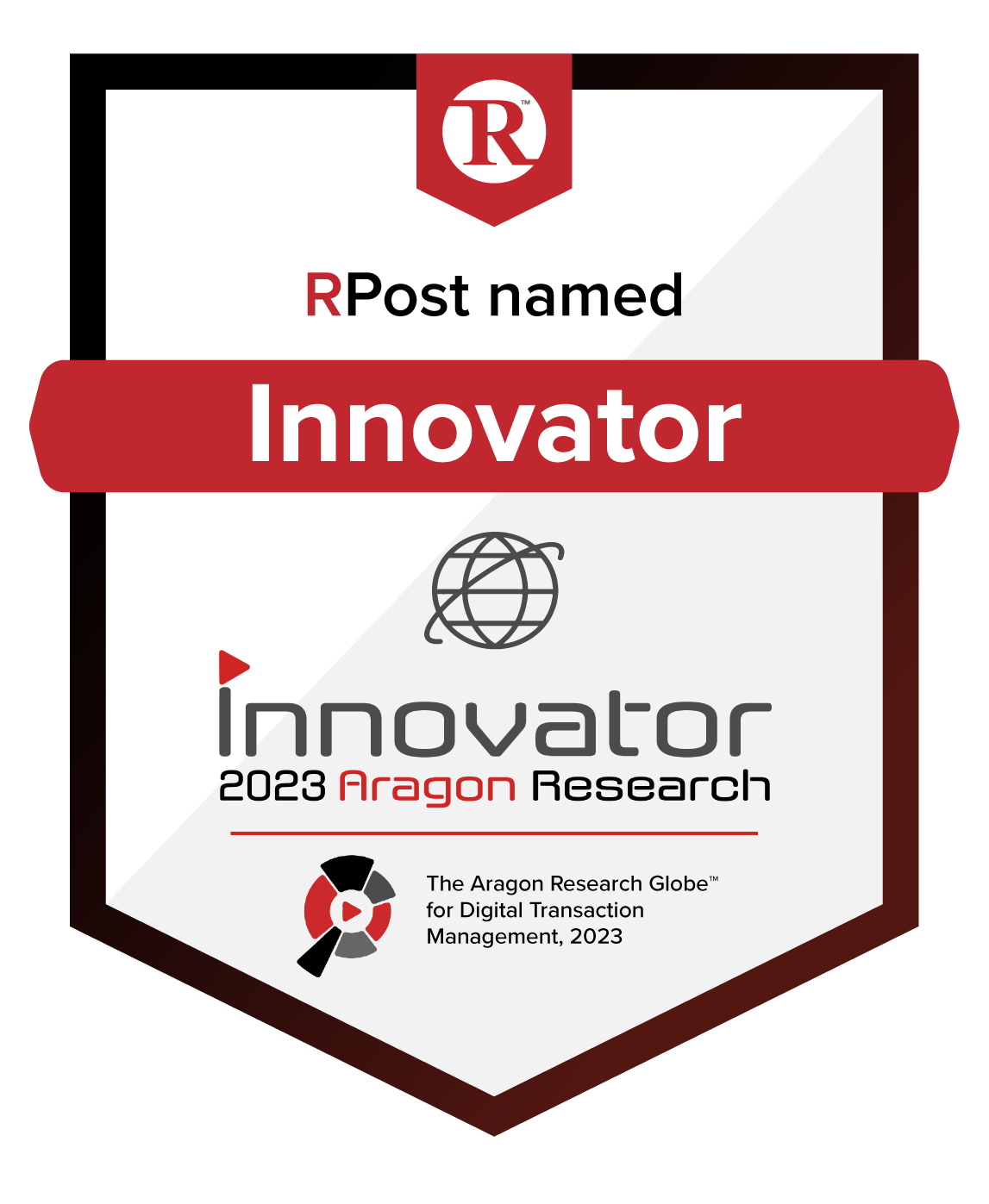Electronic signature or eSignature makes your signing process simple, quick, and cost-efficient. It enables signers to securely and effortlessly complete and sign documents using any device, anywhere in an intuitive, guided manner. Get started in a few simple steps with RSign®.
In layman’s terms, it’s just like you imagine – a signature in electronic form. Per the US Federal ESIGN Act, an "electronic signature" is an electronic sound, symbol, or process, attached to or logically associated with a contract or other record and executed or adopted by a person with the intent to sign the record.
eSignatures use computers to authenticate the signatory and certify the integrity of the document. They enable signatories to approve or agree with the terms of a document, just like with “wet” signatures (stamps, signs, seals, marks).





